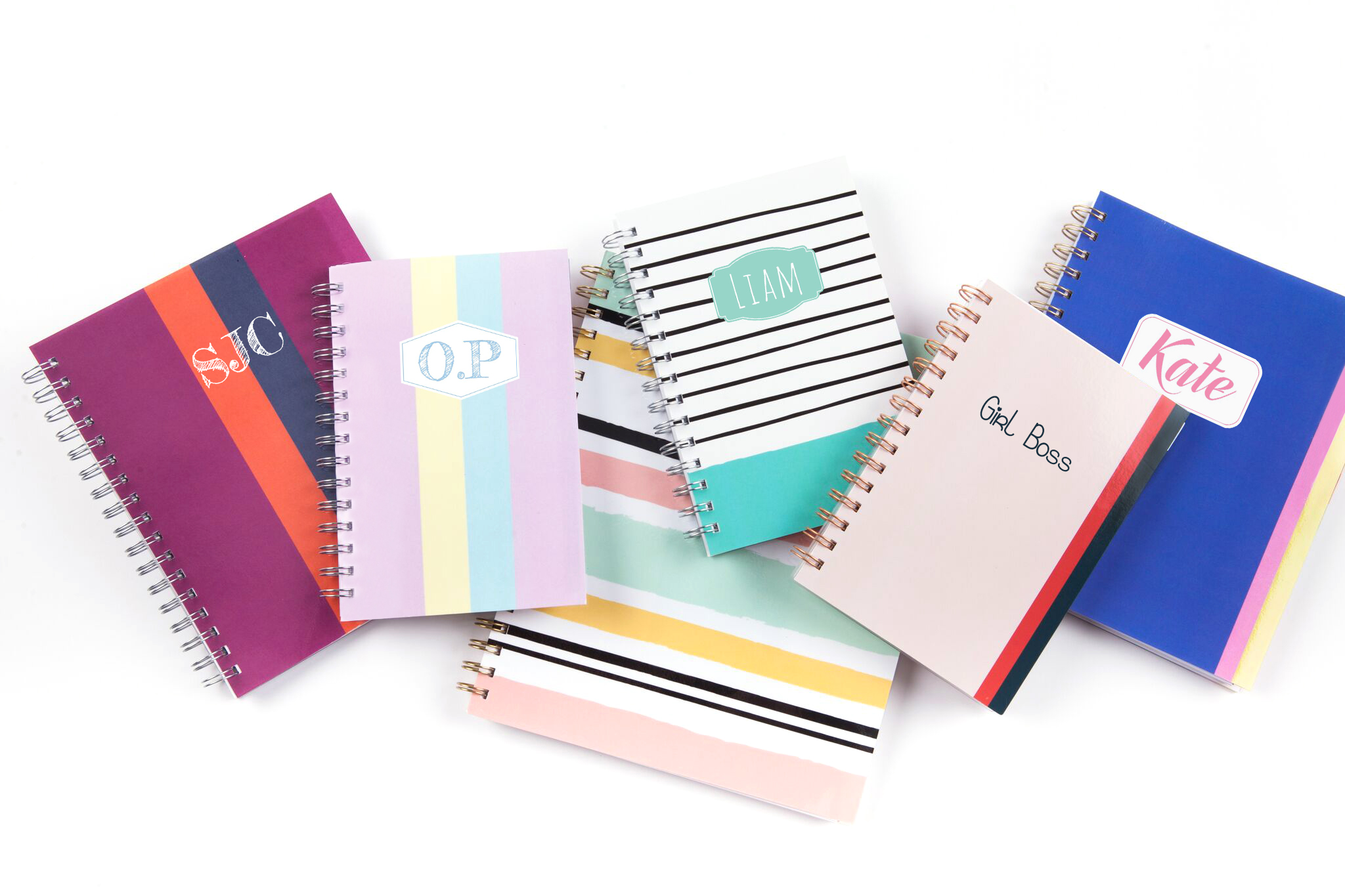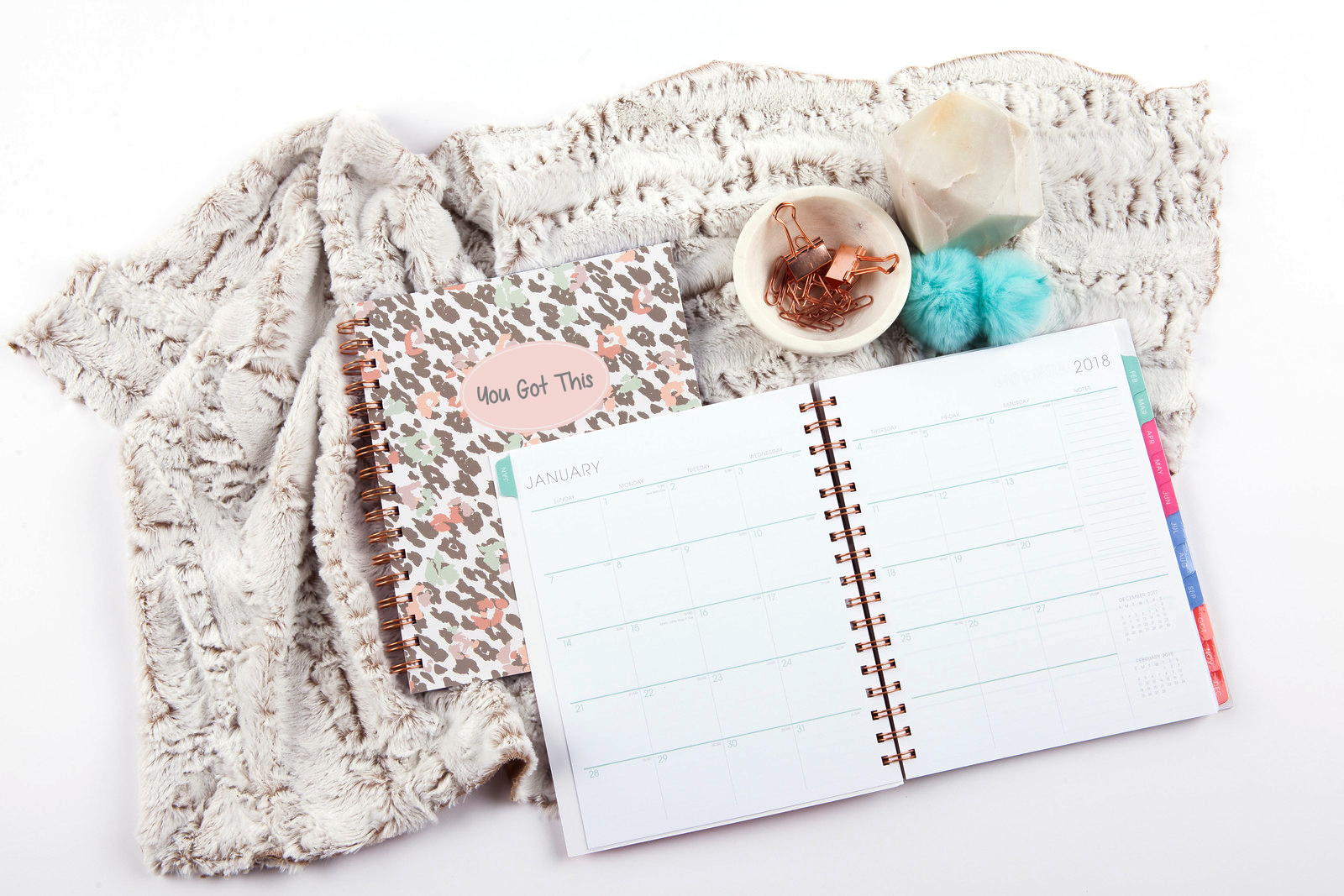The Importance of Putting Pen to Paper in the Digital World
It’s the write stuff.
To prove the title of this post true… ya know, that we’re really not joking around about the importance of this post, I wrote it out by hand before I typed it. It felt tedious at first. A little finger crampy. Do I even know how to spell words like committee or entrepreneur on my own, I wondered. (Not a proud thought.) It was tricky, tricky, but yes.
Because look, the irony of typing a post about the importance of putting pen to paper, was not lost on me. Typing is definitely faster, easier to share with colleagues, but it’s not necessarily better.
Here are some reasons why, and our friends at Blue Sky are no stranger to this concept:
Slow Down, You Crazy Child.
If you caught on to our Billy Joel reference, you might also know that Vienna waits for you. What does that have to do with writing, pen and paper? A lot! We are TIED to our computers and our screens. No matter what kind of “healthy” relationship you have with your tech, humans aren’t meant to always move this fast. It’s crazy. The internet can wait for you while you make notes *gasp* in a notebook.
Writing slows you down, makes you think about what you really want to say, instead of what comes flying off your fingertips at 90 WPM.
The challenge: Next time you go into a brainstorming meeting, leave your computer closed. Take notes with your colleagues on paper and see what kind of magic you come up with. There’s so much note-taking variety out there – from personalized notebooks (in small, medium, and large sizes depending on your preference), to grid notes, lined notes and more. The options are virtually ENDLESS. (And if you don’t believe us, virtually (literally) personalize your very own here.) The ease of planning can start online – but the act of writing, pen to paper, is where you’ll see the benefit.
The Mid-Sleep Ah-HA!
It used to be common to wake up in the middle of the night and scribble an idea down on a piece of paper by your bedside. In the morning, when you awoke, it would be there, staring you in the face. More and more we hear of people doing this with their phones. However, there are two reasons this isn’t the *best* way to 2am brainstorm.
First, all of the science proves that the blue light from your phone disrupts good sleep. Opening your phone in the middle of the night to jot something down, is way more disruptive to sleep than a pen and paper.
Second, a note taken in your phone in the middle of the night is essentially buried. It’s buried beneath texts, IG scrolling, checking the news and your email. However, a note on your bedside table smacks you right in the face in the morning. That idea gets to be the first thing you consider upon waking. It might be the best consideration you have all day.
The challenge: Instead of writing a note on your phone and disrupting your sleep, write in on a pad of paper or notebook beside the bed. The personalized To-Do notebook by Blue Sky makes this feel like second nature for those thoughts that just need to be jotted down – at any hour, any day. Literally: just write your to-dos, must-dos and have-tos all in one reliable spot, and stop. your. worrying.
There’s a reason we like notes on the fridge.
A handwritten note or goal gives us clarity and focus. Typing goals is fine, dandy, and speedy, but by handwriting goals, you might slow down (see point #1) and find new insight. Writing down goals gives you a kind of direction that a laptop can’t.
The challenge: free write your goals--speed write if possible, and see what ends up on the bottom of the page. It might totally surprise you! The benefit of a Blue Sky personalized notebook? You have tons of white writing space for all of the goal-setting and forward-thinking you want. And the best part? Don’t just hit the ‘delete’ button when you’ve reached a milestone. Cross off each goal (literally) when you’ve accomplished it. And remember, Blue Sky was with you on the journey to that moment.
Have reasons you like handwriting vs. typing? Share in the comment section below!
MORE FROM OUR BLOG
4 Steps to Keeping Your Voice in the Online World
If you use it, don't lose it.
photo credit: Irida Mete
By Alisa Nelson
What’s the difference between copying an idea and stealing it?
I was taught by a math professor but the deeper concept holds true across the board. The difference between copying someone’s idea and stealing it is that stealing involves your own creativity and voice as you adapt the idea into your specific context. When we are copying, we are trying to fit the pieces of someone else's life into our own. The result is commonly to give up or lose momentum and I believe it happens for two reasons:
1. Since it wasn’t your goal or vision to begin with, you don’t really know why you’re going after it so when the road gets a bit bumpy, you don’t have that deep soul drive that helps you keep going and you don’t know what you’re supposed to do next. It's like following step-by-step instructions that don't account for your specific situation.
2. You get a little ways down this new path and realize you lost your own voice. Creativity stalls because you aren’t speaking (or living) in a way that shows who you are.
It’s difficult to be vulnerable when they aren’t your words and as Brené Brown has shown us, vulnerability is crucial for creativity and innovation. Copying someone else’s vulnerability - even if they are a close match - will leave you feeling dried up in the end.
"Copying someone else’s vulnerability will leave you feeling dried up in the end."
Tweet this.
I write on this from the perspective of a newer online entrepreneur who struggles to stay focused on my own brand as I try to reach my own audience. Maybe you can relate? Our own uniqueness means that we can do similar things and yet speak from a totally different perspective. But we like lists. We want someone to come alongside us and tell us how to turn who we are into a business - or at least a cohesive message. Remember what I said about vulnerability? Bringing who you are, including your need for growth and maturation of your brand, is the best way to spark your creativity and this allows you to actually reach the people you want to reach and influence their lives. From experience, simply copying how other people use Instagram or their writing style won’t get you their results.
So how do you go about staying focused on your brand amidst the overstimulation of the online business world?
1. Write a clear and specific mission statement that includes your target audience and what you are trying to inspire them to do
2. Filter every new idea - blog post, product, social media theme, etc - through that mission statement.
3. Look for the principles behind the success of your online peers - rather than copying their method, identify the bigger ideas that fuel their success. Do they have killer headlines? Do they share personal stories? What kind of value do they offer to their audience? Once you spot the bigger concept, seek to grow your own capability in that area so you can apply it to your brand without losing what makes you unique.
4. Go back to your personal WHY. Why did you start your blog? Why do you love what you do? Remind yourself frequently and let your creativity flow from your confidence in the message you are standing behind.
These steps can seem silly when you’re “on” - you know, when you’re motivated, brainstorming, and getting tons of engagement from your audience. The advantage to having a written out mission statement is for the moments when you aren’t getting engagement. When ideas aren’t coming and you feel like you’re floundering for inspiration. Rather than reaching for social media and looking at what everyone else is doing, dare to take a step back. Go outside, let your mind wander, and get back in touch with your WHY. For me, that has occasionally meant dropping the direction I had been moving in so I can do a course correction. Other times, it’s just staying quiet on social media for a brief period as I refocus. In the end, consistency is only valuable if it is bringing you closer to your desired outcome.
What do you do when you start to lose vision? What habits do you use to stay consistent while maintaining your voice and personal creativity? Share in the comments below.
An original version of this article appeared on Blog Society.














